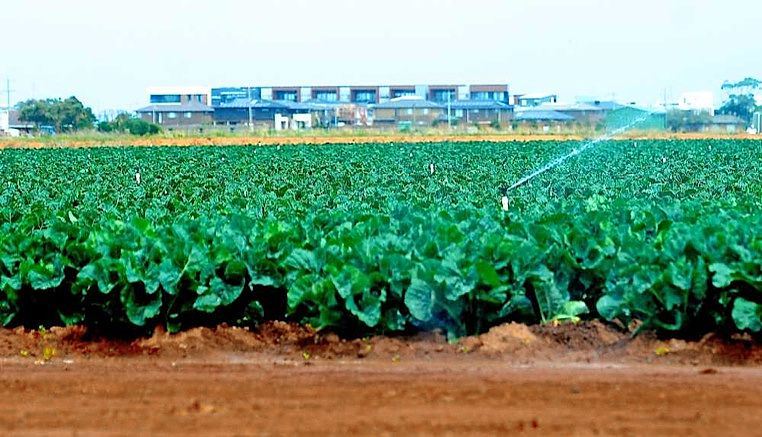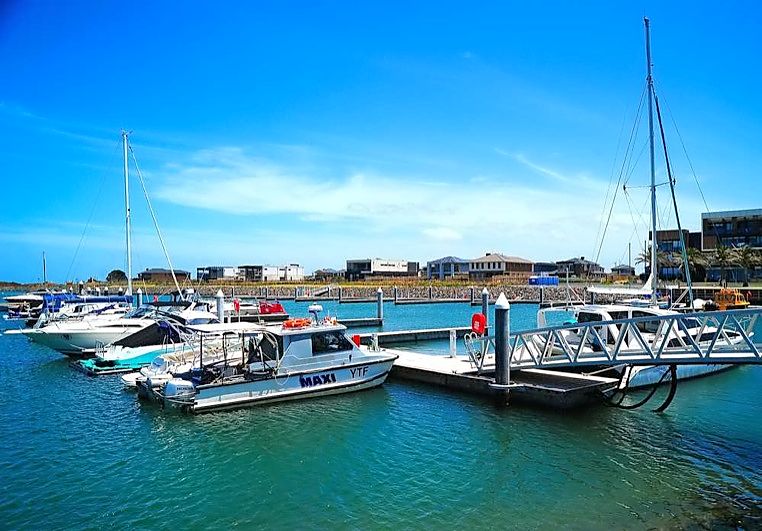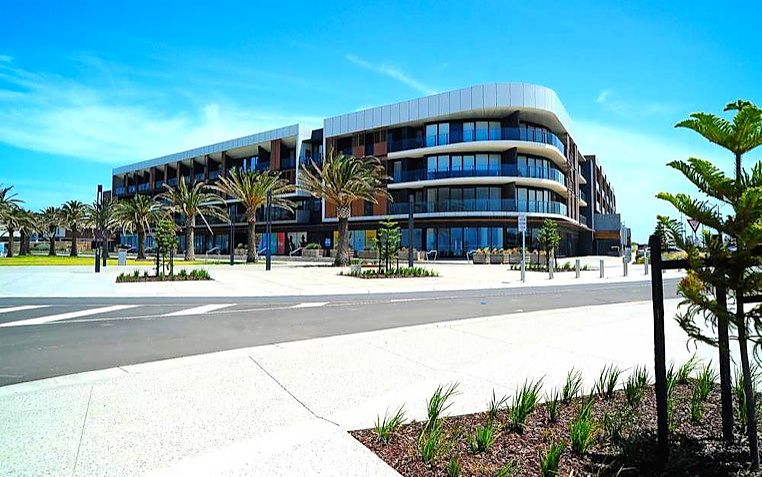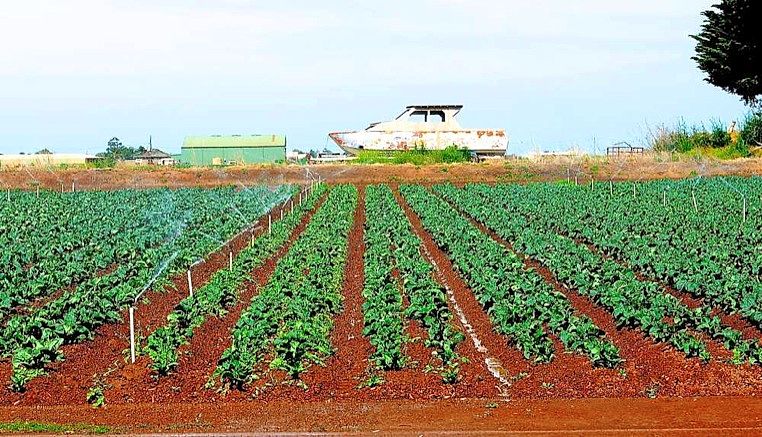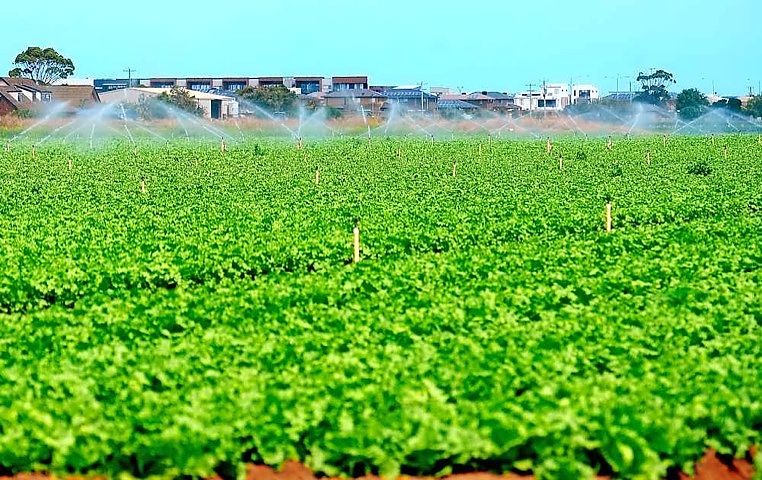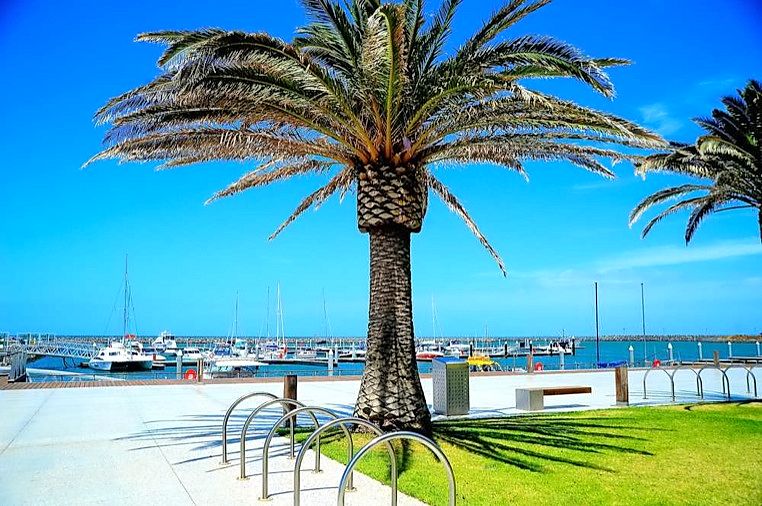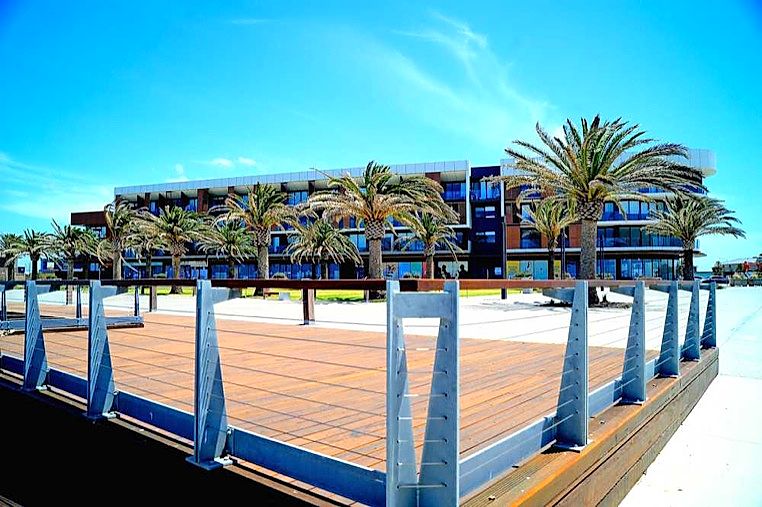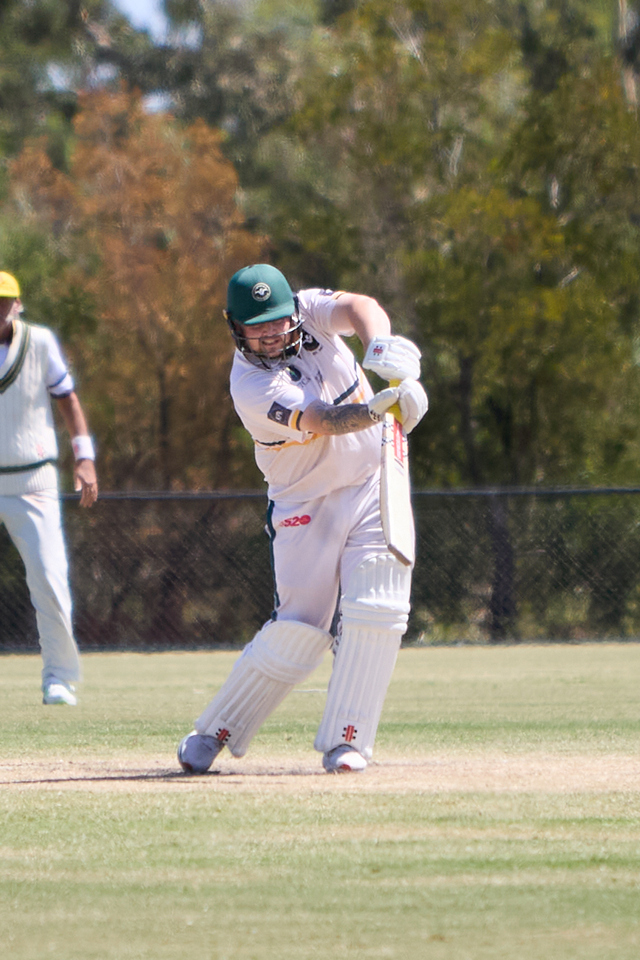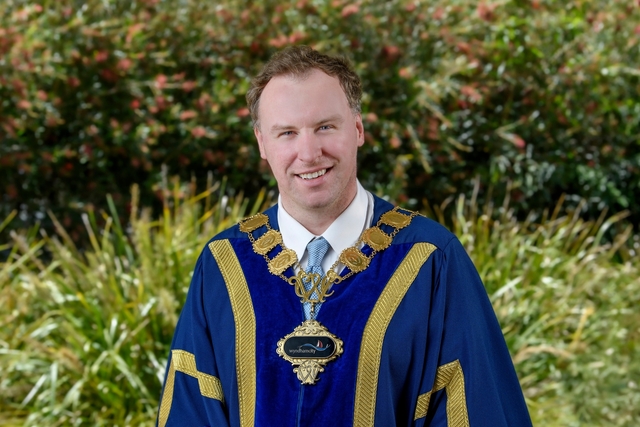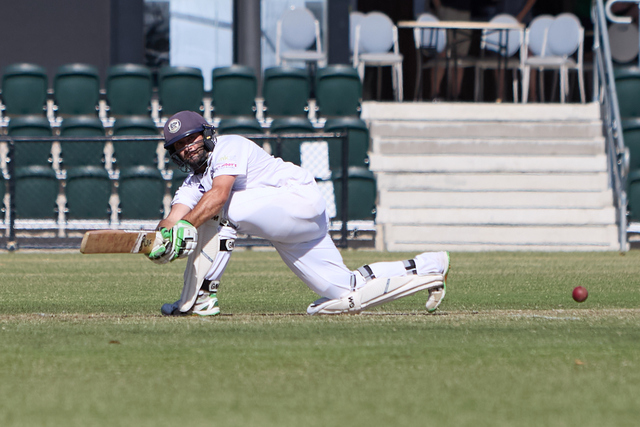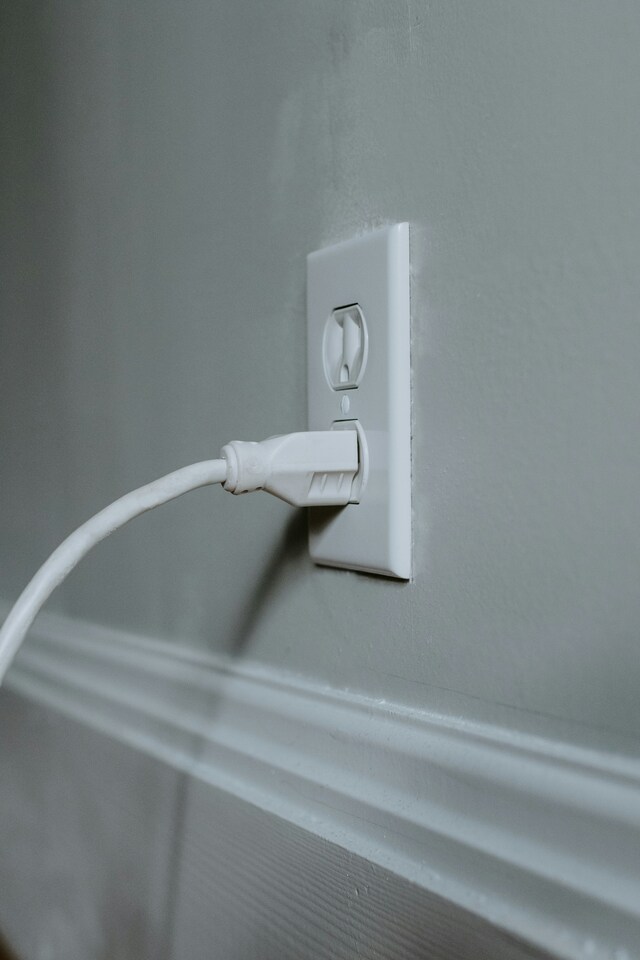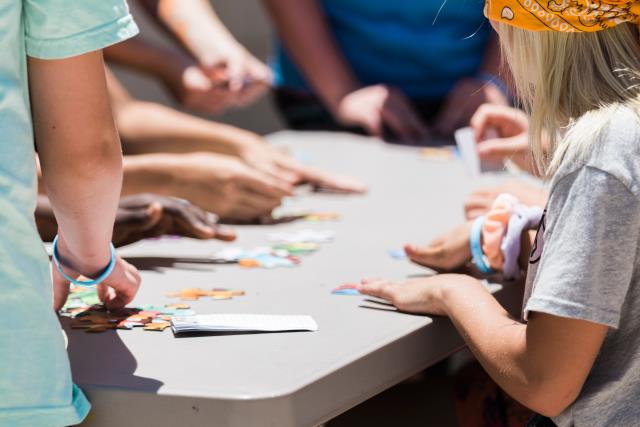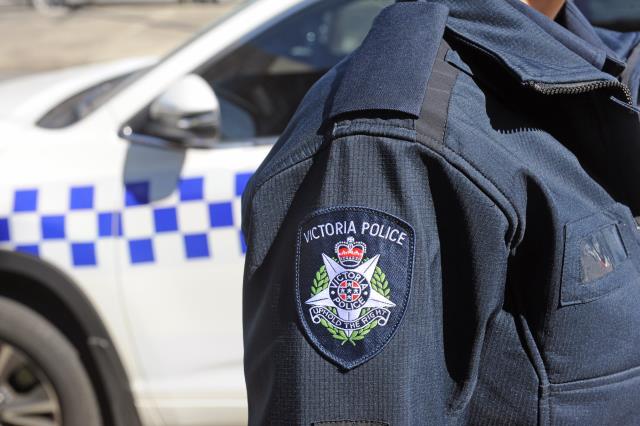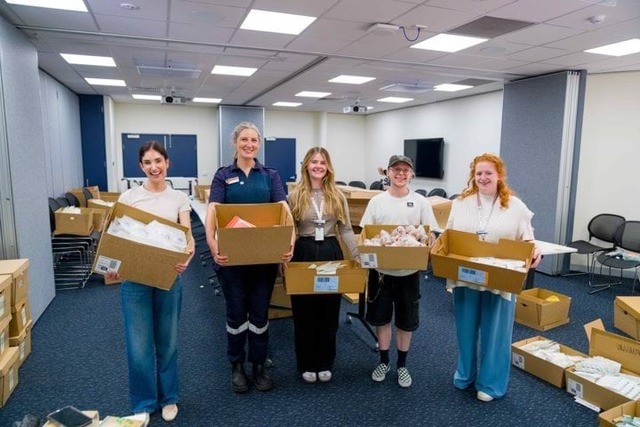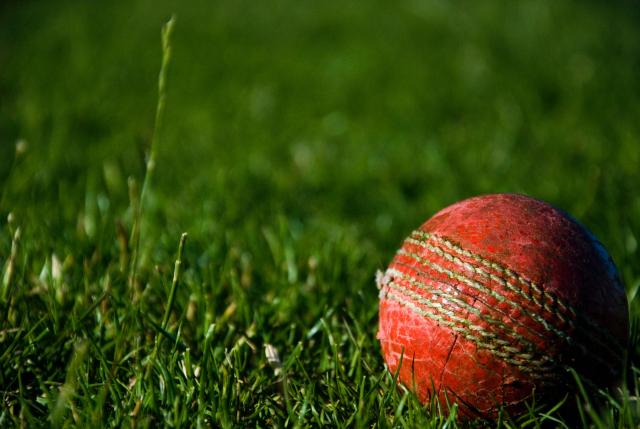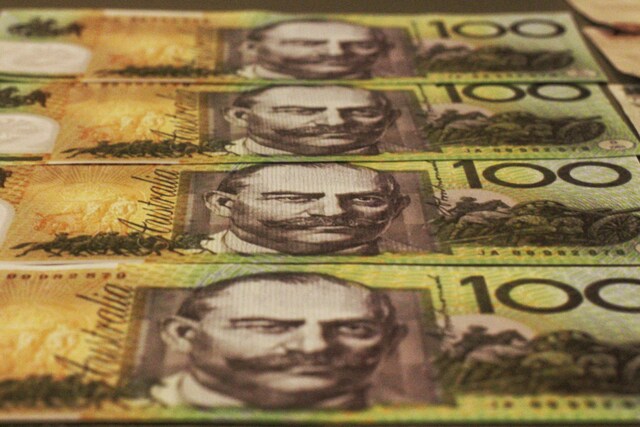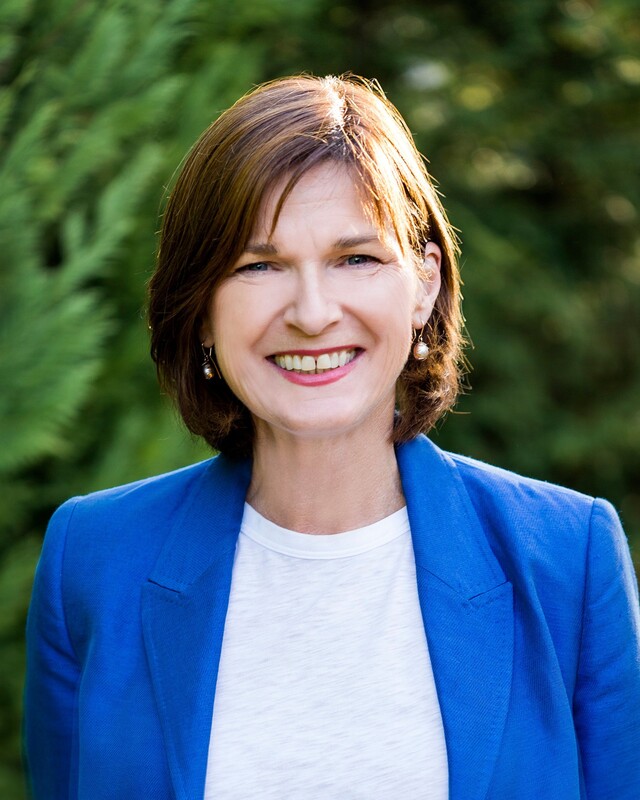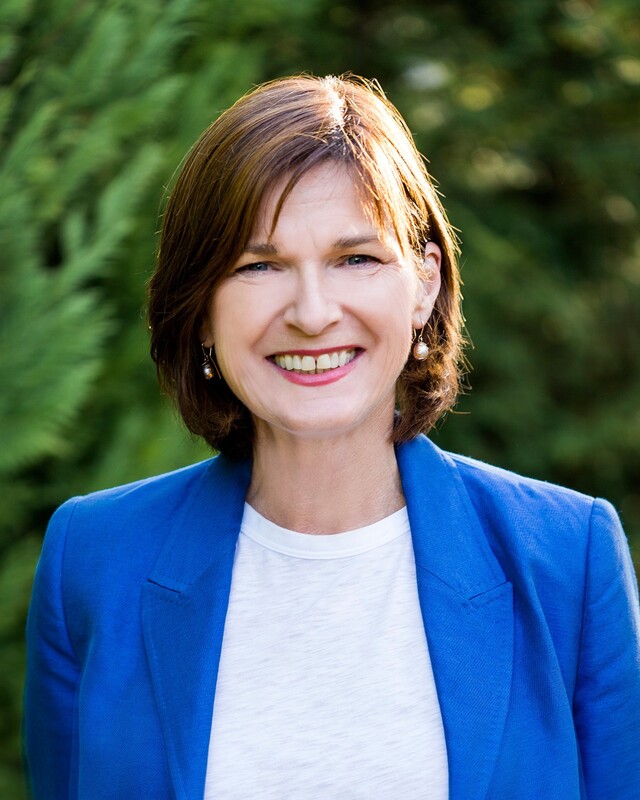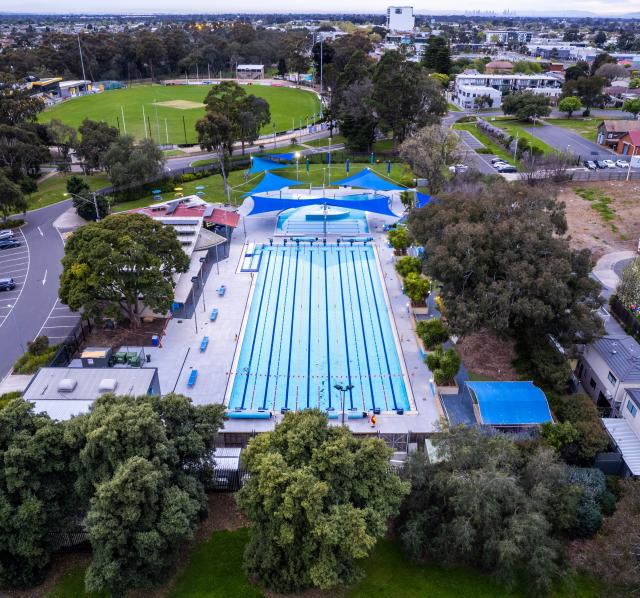Is the future of market gardening in Werribee South on the endangered list? Market gardeners, Wyndham Harbour residents and councillors have questioned where the area’s future lies.
What appeared to be a standard update of council policy has opened up a hornet’s nest of questions.
In May, the council moved to reaffirm its commitment to its Green Wedge Policy for Werribee South.
A two-month community consultation period was met with a mixed response.
The council received 44 submissions in relation to the green wedge – 38 called for the area to be rezoned.
Several market gardeners claimed that farming in Werribee South is “no longer sustainable”.
They said smaller land sizes, chemical and fertiliser costs, low quality water and restricted water allocations were driving farmers off the land.
Wyndham Harbour property owners also called for the green wedge to be lifted in order to create seaside towns, similar to Williamstown and Altona.

And Cr Intaj Khan, who holds council’s urban futures portfolio, called for the entire area to be rezoned “mixed-use”, suggesting a “tourism precinct” could be the way ahead.
Speaking with Star Weekly he said the future of the East Werribee employment precinct would suffer if the green wedge zone remained. He suggested investors would not be attracted to the area with a green wedge “next door”.
“We have established the marina there; it will not be a successful area if it remains a farming zone … we are missing out.”
While the council discussed the submissions at its meeting last week, state planning minister Richard Wynne said the government has no plan to lift the area’s green wedge status.
“Protecting farmland is a priority … We have a steady pipeline of land coming to market in the growth areas and are planning for more urban infill areas to keep pace with demand for residential land.”
Federal Lalor MP Joanne Ryan said it would be “a backward step” to walk away from agriculture.
She said removing agriculture would diminish the diversity of the local economy.
“Wyndham is well placed to take advantage of Australia’s role in the south-east Asian food market.
“We produce premium products and, accordingly, we’re paid premium prices.
“There are 100 market gardeners in the Werribee irrigation district and a proud agricultural history – it does no one any good to destroy their way of life and waste this prime agricultural land.”
Ms Ryan said proponents of “turning Werribee South into a concrete jungle” also ignore farming’s environmental benefits.

Fresh Select chief executive John Said said Werribee South still had at least another 30 years of farming in it.
Werribee South produces a large proportion of the state’s fresh produce.
Mr Said said scrapping the green wedge would mean a significant amount of Victoria’s vegetable supply would be lost.
“We need an overall development plan. We’re a bit too early to be subdividing. What we need to work on is how to become more sustainable.”
He said the key to becoming more sustainable is securing water for the farmers and upgrading existing infrastructure.
He also flagged the need to assist farmers who want to continue farming, by redirecting them to other areas.
More than $11 million was set aside in this year’s state budget to upgrade the irrigation system at Werribee, replacing 39 kilometres of open channels with irrigation pipelines.
State water minister Lisa Neville acknowledged that Werribee irrigators had been “doing it tough”, with ongoing dry conditions and ageing infrastructure.
She said the upgrade would secure water supplies for farming into the future.
Iramoo ward councillor Heather Marcus has thrown her support behind the green wedge remaining, but: “Only if we can continue to give farmers good quality water at a reasonable price,” she said.
Councillors Peter Maynard and Mia Shaw, of Iramoo ward, also said they support the region remaining an agricultural zone.


